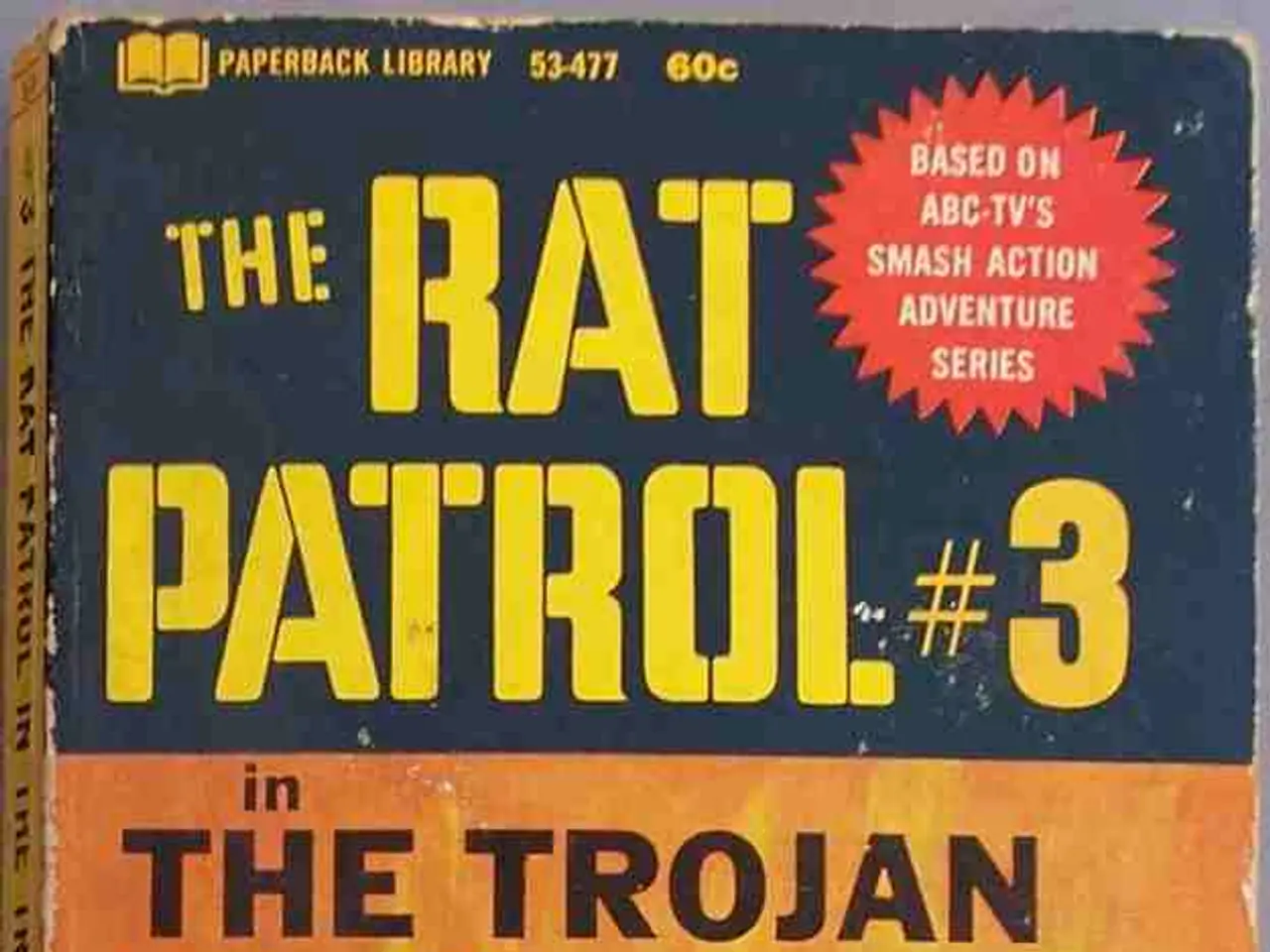America's trustworthiness wanes, leading Saudi Arabia to seek nuclear-armed alliance
In a significant development, Saudi Arabia and Pakistan have signed a mutual defense agreement, marking a potential shift in alliances in the Gulf region. This historic pact was sealed just a week before the anticipated Saudi-Pakistan defense agreement was due to be signed with the United States.
The agreement, years in the making, suggests that Riyadh is looking to bolster its defenses after decades of near-total reliance on American protection. The timing of the agreement, however, raises questions about the future of the US-Saudi relationship.
The Saudi-Pakistan defense pact, which includes defense industry collaboration, technology transfer, military co-production, capacity-building, and training, comes amidst a series of events that have strained ties between Saudi Arabia and the United States.
During his second term, former US President Donald Trump made a public pledge to 'protect' Qatar, a neighboring country to Israel, which experienced an unprecedented attack. However, the Gulf states were ultimately disappointed with Trump's response to a missile and drone strike on Saudi oil facilities in 2019, which knocked out half the kingdom's oil output and sent crude prices skyrocketing. Trump's administration responded with only muted condemnation.
Trump's actions, such as withdrawing from the Iran nuclear deal and ordering the assassination of Iran's powerful general Qassem Soleimani, a figure loathed by Gulf Arab governments, also contributed to the growing discontent.
Prince Mohammed Bin Salman, the Saudi crown prince, has been vocal about his dissatisfaction. He stated that Riyadh could shift 'their armament from America to another place,' and issued an explicit warning that the kingdom's patience with Washington might be running thin.
The US military footprint in the Gulf may no longer serve as the shield it was once thought to be, as demonstrated by the Israeli strike aimed at Hamas in Qatar and Iran's first-ever direct strike on a Gulf state during Trump's presidency.
In response to these developments, Saudi Arabia placed renewed hopes in Trump upon his return to the White House. The Saudi crown prince even rolled out the purple royal carpets for Trump during his first international trip of his second term.
However, the defense pact that Saudi Arabia sought from Trump has yet to materialize. This, coupled with Prince Mohammed Bin Salman's recent actions, indicates a growing need for Saudi Arabia to seek alternative alliances, such as the one with Pakistan.
This need was particularly felt after international sanctions and diplomatic isolation following Pakistan's first nuclear test in 1998. At that time, Pakistan sought help from Saudi Arabia, and King Fahd bin Abdulaziz of Saudi Arabia pledged to 'support you more than you expect.'
In a similar vein, Saudi Arabia has promised Pakistan $3.4 billion in financial support, funds that helped Pakistan proceed with a second nuclear test.
As the Gulf region navigates a complex web of alliances and tensions, the Saudi-Pakistan defense agreement is a clear indication that Riyadh is looking to diversify its strategic partnerships. Whether this shift will lead to a lasting alliance remains to be seen.
Read also:
- United States tariffs pose a threat to India, necessitating the recruitment of adept negotiators or strategists, similar to those who had influenced Trump's decisions.
- Weekly happenings in the German Federal Parliament (Bundestag)
- Southwest region's most popular posts, accompanied by an inquiry:
- Discussion between Putin and Trump in Alaska could potentially overshadow Ukraine's concerns








